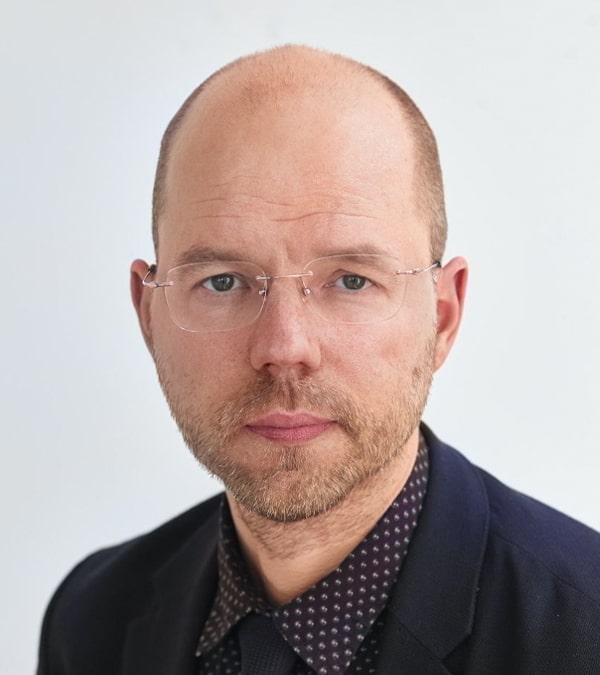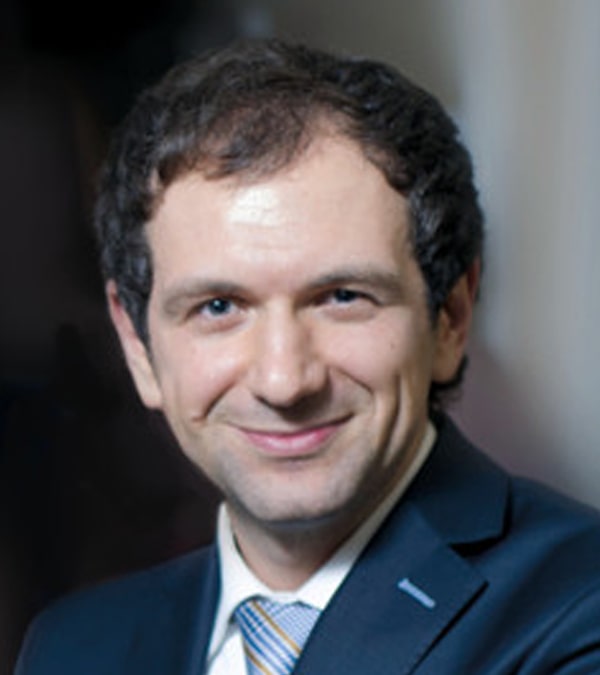Seminar Description
This program is designed for leaders who aspire to better understand economic processes and influence them, unlocking the potential of economic systems and shaping economic futures. Economics is complex and unpredictable, much like any sphere where people with their beliefs, experiences, and interests are involved. However, it’s not as chaotic as it may seem; it’s not a roulette. There is a system to it. In our three-day course, “Economic Engineering for Leaders,” we will delve into how it is structured, enabling purposeful management of economic transformations. The goal is to become architects of economic futures at all levels: company, city, country.
We will work at the intersection of business strategies, state economic policies, and global trends. The author will share practical experience and insights from his work in the Ukrainian Parliament, where he chaired the economic committee and introduced over 30 laws of his own authorship. Participants will learn about new global trends and promising investment niches, familiarize themselves with concentrated international experience and tools of economic development, deepen their understanding of risks and strategies, and gain valuable insights into unlocking the potential of their economic systems.
This interdisciplinary course is truly unique. It combines knowledge in the fields of macroeconomics, public finance, public administration, as well as philosophy and psychology. At the same time, its accessible style of delivery makes it engaging even for non-economists.
Format:
3 days, from 10:00 to 18:00, offline at UNIT.City. Lectures + Q&A sessions + group work + project presentations + book discussions.
Audience:
- business owners and top managers
- leaders of local authorities and public administration
- NGO leaders
- experts, journalists, opinion leaders
- anyone interested in the economy
Value:
The program will help participants:
- better understand the economy
- develop systemic thinking
- track global trends
- develop strategies and win-win models
- find new market niches and investment opportunities
- evaluate economic policies and decisions
- develop investment incentives
- protect against fakes and myths in the economy
- unlock the potential of economic systems
- influence economic processes in industry, city, and country









